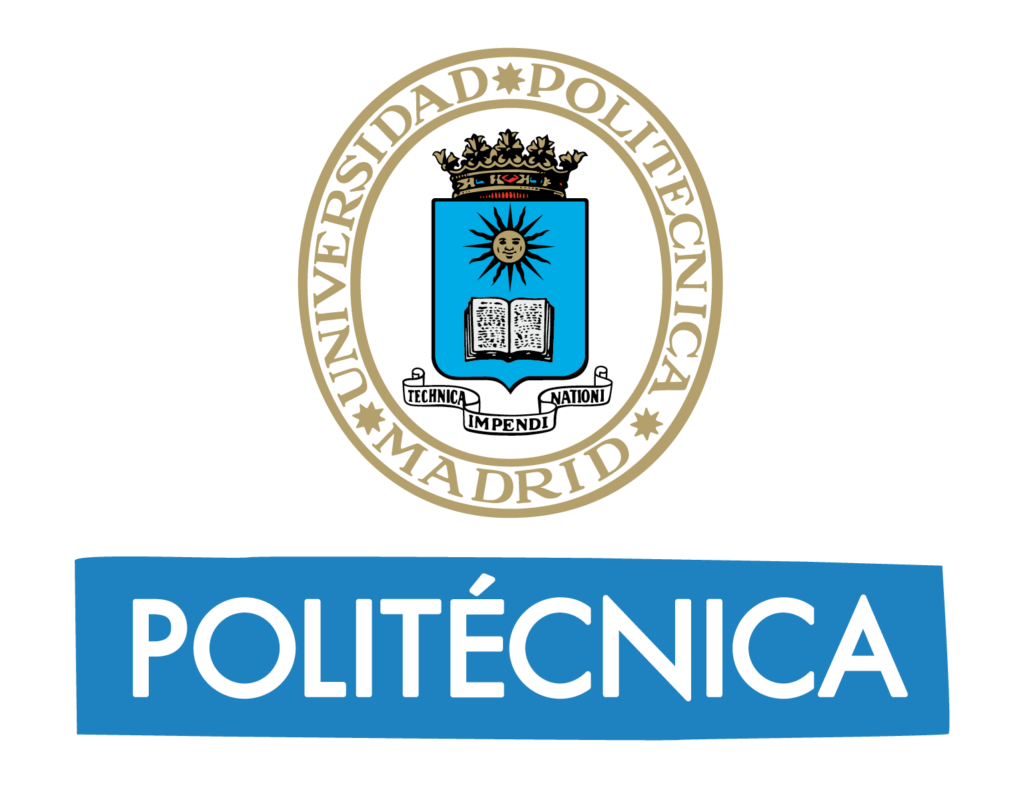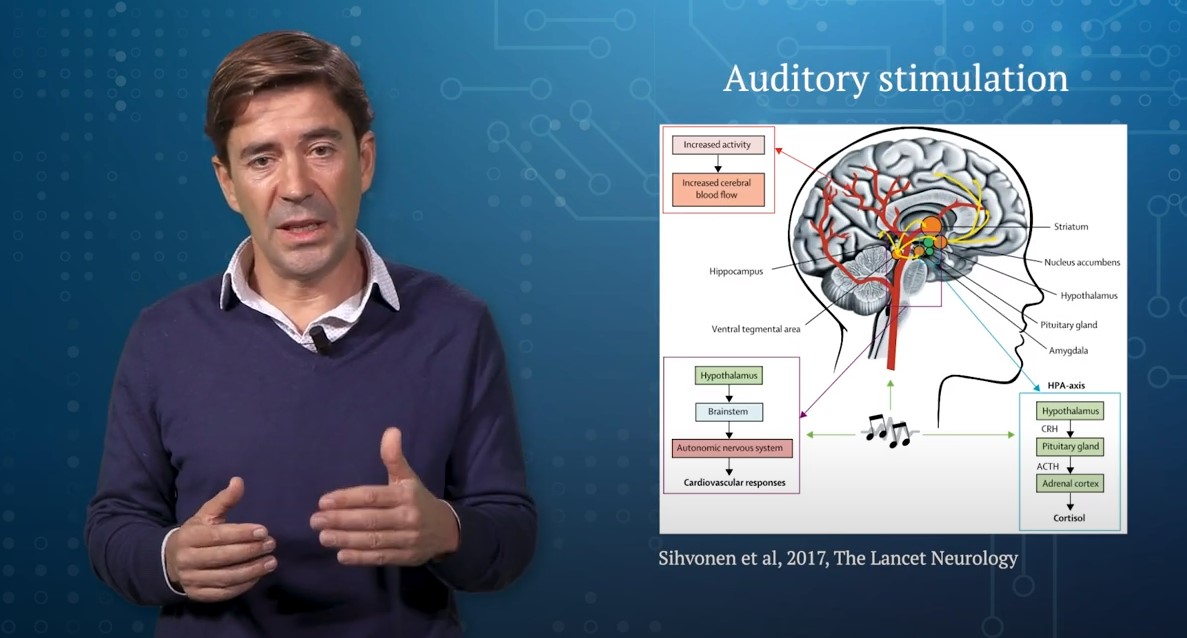The NEUROTEC Community gathers researchers from different fields and disciplines focused on the study of the brain. “NEUROTEC Interview Series” will explore the work and careers of prominent members of the community.
Guillermo de Arcas
Guillermo de Arcas is a Telecommunications Engineer (UPM, 1996), Electronics Engineer (U. Alcalá, 1998), PhD in Telecommunications Engineering (UPM, 2004) and Executive MBA from the Instituto de Empresa. He is currently a University Professor at the ETSI Industriales of the Universidad Politécnica de Madrid.
His professional career is linked to intelligent sensing, advanced instrumentation systems and metrology, which has led him to work in fields and applications as diverse as the military industry, automotive, aeronautics, energy or environment. In recent years he has progressively specialized in the field of acoustics, with an increasing interest in its industrial applications and in relation to human health. He has participated in numerous research projects on acoustic impact, both in cities and in transport infrastructures, both for companies (AENA, Telefónica, Iberdrola) and for public administrations (City Councils of Palma de Mallorca, Pozuelo de Alarcón, Málaga, Alcobendas, Santiago de Chile).
This experience allowed him to promote the creation of the Neuroacoustics Laboratory in 2016. The Laboratory is a joint research program in which researchers from different centers and institutions collaborate to develop acoustic technologies to improve the lives of people affected by neurodegenerative diseases.






